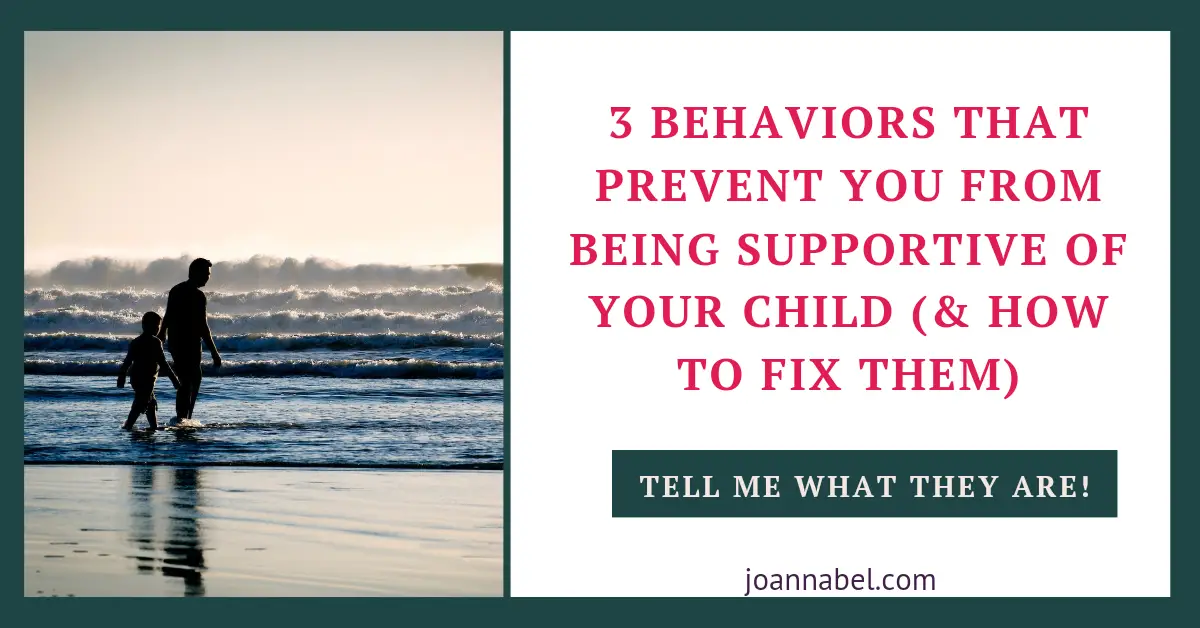Losing keys might seem like a small mistake, but repeated incidents can be stressful and frustrating—for both you and your child. It’s natural to want your child to be responsible, especially when you’ve trusted them with something important. Still, no one grows through shame and being excluded. Learning how to address a child who repeatedly loses their keys in a supportive, constructive way can build trust and maturity, not resentment or a disengaged relationship.

WHAT TO DO WHEN A CHILD KEEPS LOSING THEIR KEYS
Note: Although I am a Clinical Social Worker, engaging with this website does not establish a professional social worker-client relationship. The information provided here is for general purposes only and should not be considered professional advice. While we strive to ensure accuracy and reliability, this content is not a substitute for professional guidance. For specific concerns, issues, or situations, it is essential to consult a qualified professional and present your situation. Read the full Disclaimer here.
REFRAME THE MAIN NARRATIVE
Avoid making the mistake feel like a character flaw. The truth is that you have likely misplaced something important before, as has everyone else. Normalize the experience. Say something like, “Everyone forgets things, but it’s our job to learn from it.” That keeps the tone firm but kind and supportive at the same time.
INVESTIGATE WHERE THE REAL ISSUE LIES
Put enough effort into uncovering the truth about why this keeps occurring. Analyze if this is something that raises some alarms or is actually expected for your child to experience, considering:
- their age,
- life skills,
- personal traits,
- too many responsibilities or too many distractions, or
- the phase that they’re in (like, for example, a longer-lasting period that’s been challenging for them for whatever reason and is either behind them or is currently going on, that has affected their ability to think clearly because it took or takes an emotional toll on them.)
RECOGNIZE THE EMOTIONAL BURDEN
Chances are that most kids already recognize the gravity of their mistake the first time they lose their keys, wallet, or anything else important. They want you to trust them with responsibility, and when they slip up, their internal dialogue might suggest that now, you don’t trust them at all.
If this is the first time your child has lost their keys, treat the situation with a realistic amount of gravity. Your world wouldn’t end if you lost your keys, and neither should theirs. Help them understand what the next steps would be for any adult in their situation.
SHIFT FROM PUNISHMENT TO RESTORATION AND PROBLEM-SOLVING
Focusing on correction and learning rather than sheer blame and punishment helps your child learn instead of shutting down.
Raising your voice may get immediate attention, but it rarely builds long-term habits. Sit down and talk when emotions aren’t running as high. That’s when real growth happens.
Say things like, “What do you think happened?” or “How can we make sure this doesn’t happen again?” “What could’ve you done better?” “How will you approach this from now on?”. These questions empower your child to think and take ownership.
MATCH EXPECTATIONS TO MATURITY

Younger kids often lose things because their executive functioning isn’t fully developed yet. While it might seem logical to not give them important things until later on, children still need tools like keys or an emergency phone—even with the risk of losing them.
Help them succeed by creating systems that fit their age.
MAKE IT VISUAL AND PHYSICAL
Hooks, bins, and lanyards work better than verbal reminders. The more physical the routine, the easier it is for kids to remember.
This change can be particularly important for younger children, but it helps adults—younger and older—just as much.
EXPLORE REALISTIC, KID-FRIENDLY SOLUTIONS
Changing behavior starts with changing systems—not just attitudes. Key trackers, smart tags, or labeled lanyards give kids extra support.
Keep it simple, though. Overcomplicated solutions often lead to more problems.
RETHINK THE TYPE OF ACCESS
Sometimes, it’s the keys themselves that are the issue. Keys are heavy and noisy—two things that encourage kids to set them down and forget them. There are many different types of access control cards that can sit on a lanyard and won’t produce the same level of discomfort.
While fully changing your home’s locks and access controls isn’t the first solution, it may be one that’s necessary for some households.
MODEL RESPONSIBILITY AT HOME
Kids notice when you double-check your own belongings. If you model care and consistency, they’re more likely to follow suit.
Latest Posts:
- The Importance of Play in Child Development

- 5 Hobbies That Will Help You Connect With Your Teens

- A Guide to Balancing Parenting Roles After Divorce

- Gifts for Your Teenager That They’ll Actually Enjoy

- 6 Reasons Your Teenagers Seem Distant and Distracted

- Special Gifts to Let Someone Know You’re Thinking of Them (13)

FINAL THOUGHTS HOW TO RESPOND WHEN A CHILD KEEPS LOSING KEYS: GUIDING WITH PATIENCE AND WIDER PERSPECTIVE
Learning how to address a child who repeatedly loses their keys isn’t about scolding—it’s about support.
Keep the focus on building habits, not highlighting failures.
Give your child the dignity of learning through natural consequences and helpful systems. This approach turns a frustrating pattern into a teaching moment they’ll carry for life.
If this was helpful to you, keep on going:








Leave a Reply